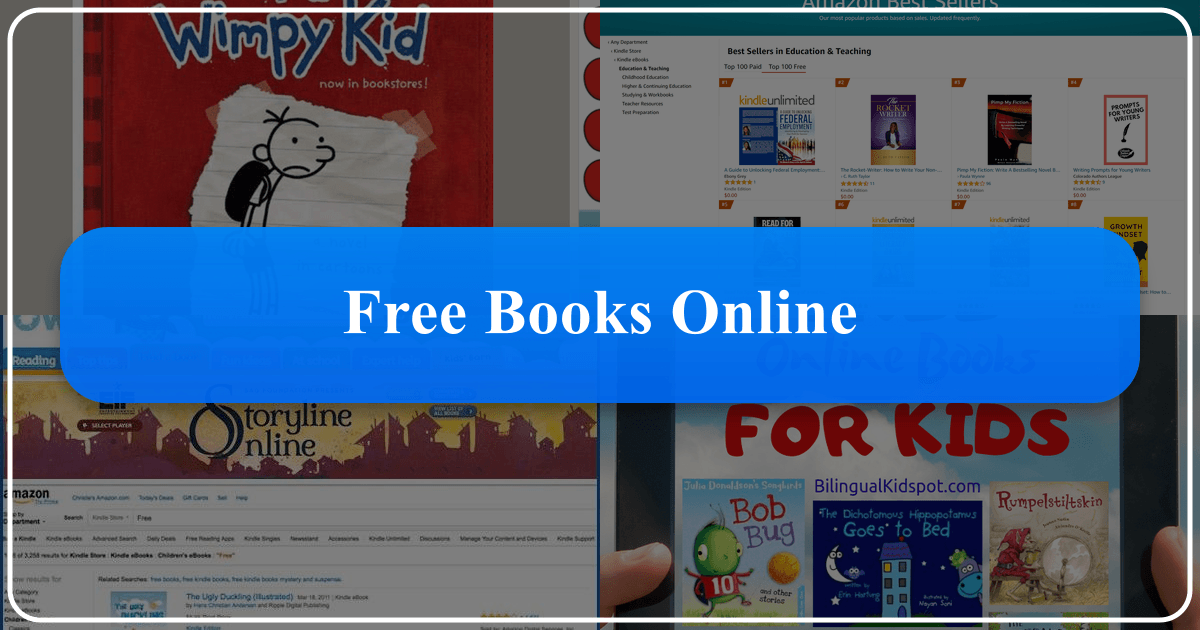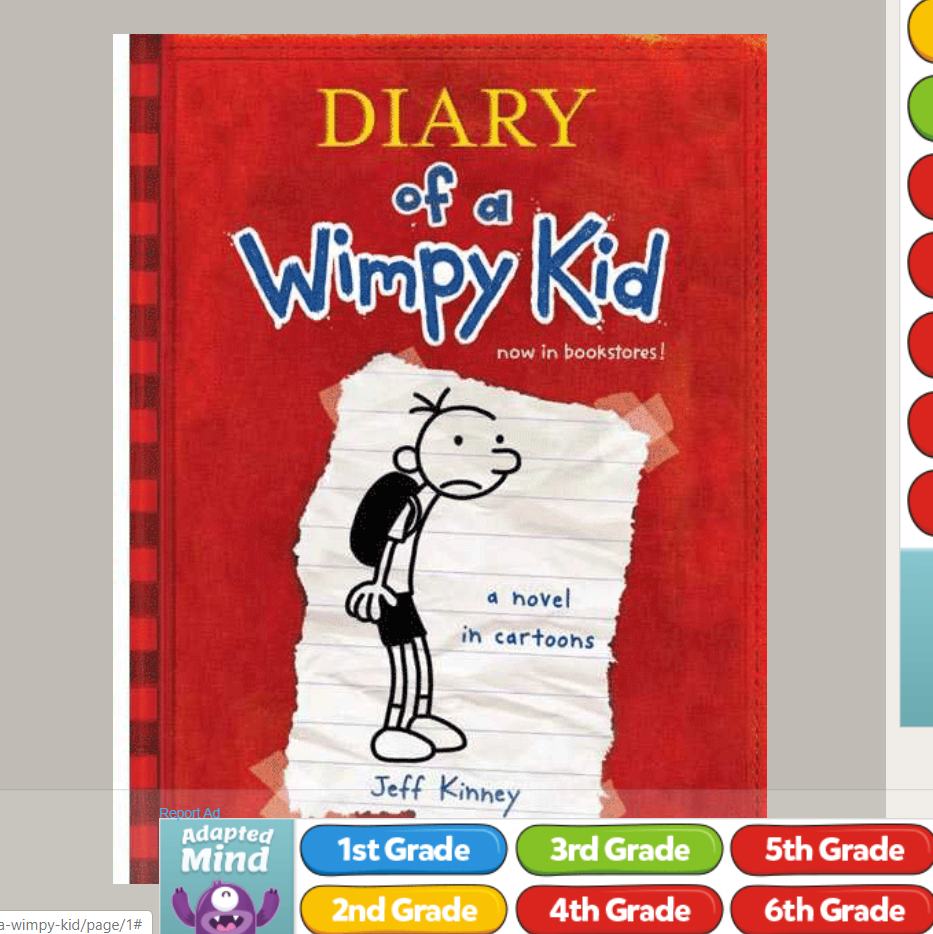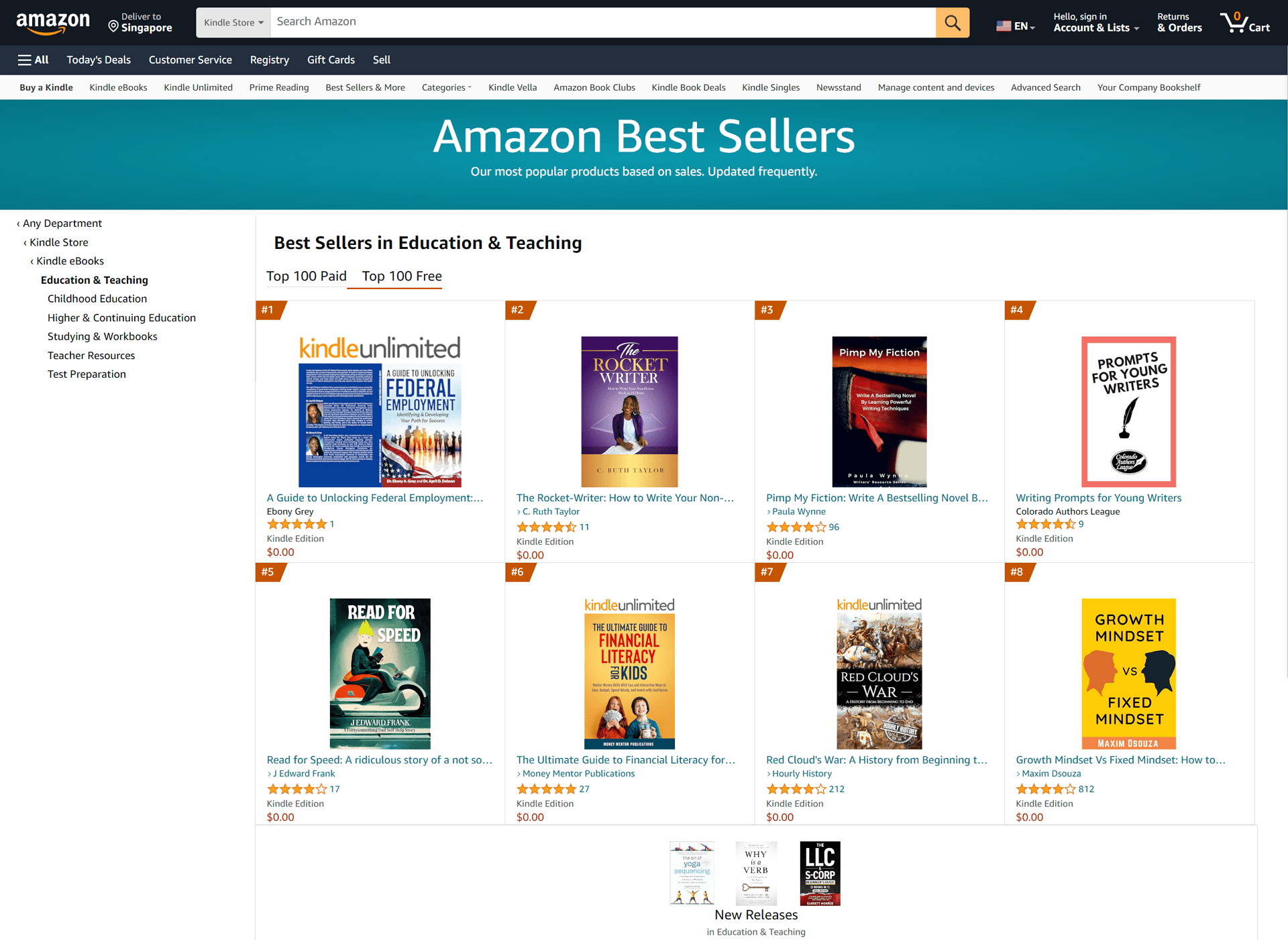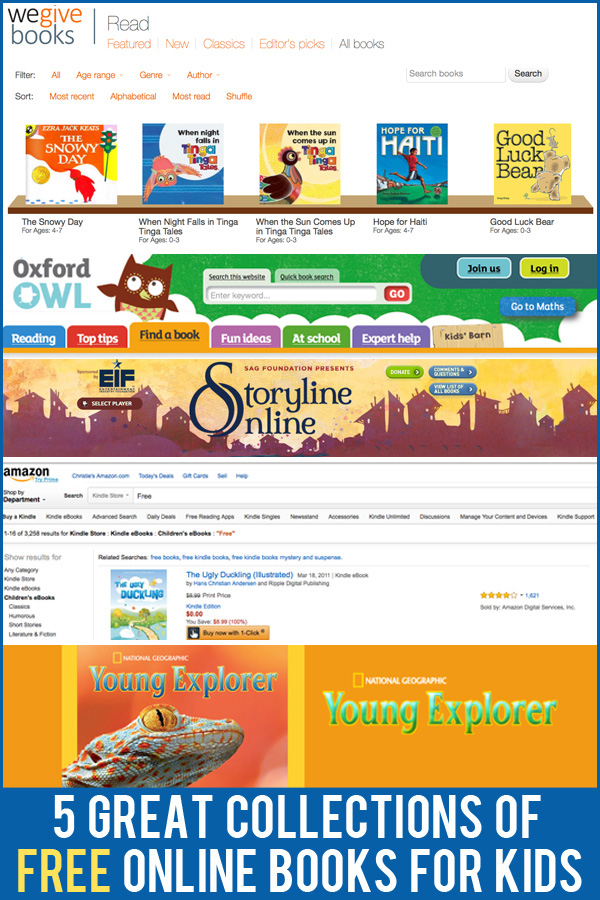Free Books Online: A Comprehensive Guide to Legal and Ethical Access

The allure of free books online is undeniable. For avid readers, the prospect of diving into captivating narratives without the financial burden or the need for software downloads is incredibly appealing. This article explores the diverse landscape of websites and platforms offering free books online in 2024, focusing on legal and ethical access while highlighting the advantages and disadvantages of online reading. We will also examine a leading offline eBook reader to address the limitations of solely relying on online resources.
Part 1: Navigating the World of Free Online Books

The internet provides a vast and varied selection of books available for free reading. However, the experience and legality differ significantly between platforms. It is crucial to prioritize sources that respect copyright laws and support authors and publishers. This section will explore several reputable websites and their features. Remember to always check the copyright status of any book before reading or downloading it.
Top Websites for Free Online Reading (No Download Required)
This section details websites where you can read full books online without downloading them, categorized for easier navigation based on your specific needs and preferences.
- OpenLibrary: OpenLibrary stands as a comprehensive digital library boasting millions of titles. Its intuitive interface allows searches by subject, author, and text, providing a user-friendly experience. You can organize your reading list, set yearly reading goals, and personalize your reading experience with adjustable zoom, one-page and two-page views, and bookmarking features. However, copyright restrictions limit access to some books. Users should be aware that some materials may be unavailable online due to copyright limitations.

* **Pros:** Extensive collection, customizable viewing options, organizational tools.
* **Cons:** Copyright restrictions limit availability.
-
ManyBooks: ManyBooks distinguishes itself with a broad selection of books across various genres and languages (over 45). The site offers easy navigation through categories, editor’s choices, and trending titles, providing detailed descriptions for each book. A unique feature is the font customization and page-jump functionality. However, customization options for viewing angles are limited.
- Pros: Diverse genres and languages, customizable font, page-jump functionality.
- Cons: Limited customization options for viewing angles.
-
Read Any Book: For readers prioritizing book ratings, Read Any Book stands out with its comprehensive rating system. The platform offers over 19 categories and genres, featuring works by both classical and contemporary authors. Users who sign up can access enhanced editing and personalization features. Note that downloading books might be hindered by a firewall.
- Pros: Full-screen and flip-page features, multiple format conversion options (though with potential download limitations).
- Cons: Firewall restrictions on downloads.
-
ReadCentral: ReadCentral offers a straightforward approach, providing access to over 5,000 free online books, poems, and quotes. No downloads or subscriptions are required. The website showcases celebrated authors in both English and non-English languages. While it offers direct online reading and a smart reader with text and color customization, layout personalization options remain limited.
- Pros: Large collection, direct online reading, smart reader with basic customization options.
- Cons: Limited layout personalization options (single/double page views, scrolling).
-
HathiTrust: HathiTrust functions as an advanced digital library containing millions of digitized books and publications. Its robust search functionality allows users to find books using text, ISBN, publisher, and other metadata. While it provides eBook, text, and other download options, along with features like saving to a reading list and bookmarking, text personalization is absent.
- Pros: Extensive collection, advanced search, multiple download options.
- Cons: Lack of text personalization features (highlighting, annotations).
-
BookRix: BookRix provides a platform for both established and self-published authors, offering a mix of free and paid content. Users can browse by genre, language, and popularity, finding bestsellers and works by various authors. While it supports EPUB format reading, the website’s functionality is currently in a transitional phase.
- Pros: Supports EPUB format on multiple devices, chapter review and efficient scrolling.
- Cons: Part of the platform currently requires a paid subscription.
-
Children’s Library: This website focuses on providing a vast collection of children’s books in their original languages. The easy-to-use interface includes search options based on book attributes like color, character, and shape, making it ideal for both children and parents. However, the absence of annotation features and incomplete page availability in some books limit the overall reading experience.
- Pros: Extensive collection of children’s books, intuitive search options.
- Cons: Limited annotation features, incomplete pages in some books.
-
Internet Archive: The Internet Archive stands out with its massive repository of over 25,000,000 books and files. Its search options allow sorting by various parameters, including language. The online viewer offers features such as one-page view, zoom, and a remarkable text-to-speech function. However, the sheer volume of data might make searching challenging.
- Pros: Enormous collection, advanced search, text-to-speech function.
- Cons: The vastness of the collection can make searching difficult.
-
Digitalbook.io: Digitalbook.io offers a large selection of web novels and ebooks across various genres and languages. Its curated selection of popular and trending books makes it an ideal starting point for new users. However, personalization options like background color changes or highlighting are limited.
- Pros: Wide genre selection, multiple languages, curated recommendations.
- Cons: Limited personalization options (no highlighting, underlining, background color adjustments).
-
Open Culture: Open Culture is a valuable resource offering a curated selection of 700 free eBooks along with other cultural content such as movies and courses. It features works by well-known authors and provides in-depth descriptions of books and authors. However, some links might lead to websites requiring payment despite initial claims of being free.
- Pros: Curated selection, detailed information, diverse cultural content.
- Cons: Some links may lead to paid content despite initial claims of being free.
These ten websites offer a wide variety of free online books across various genres and reading preferences. It’s important to note that the availability of specific titles can change based on copyright restrictions and website updates.
Part 2: UPDF: An Offline eBook Reader for Uninterrupted Reading
While online platforms offer convenient access, they depend entirely on internet connectivity and device battery life. This section introduces UPDF, a powerful offline eBook reader that enhances the reading experience regardless of internet availability.
Advantages of Using an Offline eBook Reader Like UPDF
UPDF is presented as a comprehensive eBook reader application that overcomes the limitations of online-only reading. Key features include:

- Multiple Layouts: Personalize your reading experience with single-page, two-page, and scrolling views.
- Light/Dark Mode: Adjust screen brightness for comfortable reading in any lighting condition.
- Annotation Tools: Enhance engagement with sticky notes, comments, shapes, highlighting, and underlining.
- AI Integration: Leverage AI features for summarizing text, explaining complex terms, and translating languages.
- PDF Compression: Reduce file sizes for easier sharing without significant quality loss.
- Format Conversion: Convert PDFs to and from various formats, such as Word, PowerPoint, JPEG, and HTML.
- Text and Image Editing: Add or edit text, images, links, and more to personalize your ebooks.
UPDF Pro, a paid version of the software, offers additional features and a multi-device license.
Part 3: Weighing the Pros and Cons of Online Book Reading
Before choosing a method for accessing books, let’s consider the advantages and disadvantages of reading books online.
Advantages of Reading Books Online
- Budget-Friendly: Significantly reduces costs compared to purchasing physical books.
- Easy Accessibility: Provides instant access to a wide range of books from anywhere with an internet connection.
- Environmentally Friendly: Reduces paper consumption and associated environmental impact.
- Convenience: Offers easy portability and the ability to access books anytime, anywhere (with internet access).
- Interactive Features: Many platforms allow highlighting, annotation, and other interactive features enhancing comprehension and engagement.
Disadvantages of Reading Books Online
- Health Implications: Prolonged screen time can strain eyes and potentially lead to health issues.
- Technological Dependence: Requires consistent internet access and sufficient device battery life.
- Reduced Sensory Experience: Online reading can lack the tactile satisfaction of turning physical pages.
- Distractions: The digital environment can lead to increased distractions from other applications and notifications.
- Ownership and Accessibility Limitations: Digital ownership rights can be ambiguous, and access might be platform-specific.
Conclusion
Access to free books online presents both opportunities and challenges. Utilizing ethical and legal platforms like those discussed here ensures readers can enjoy a wide range of literature while supporting authors and publishers. However, the limitations of online-only reading, such as internet dependence and potential health concerns, are addressed effectively by offline eBook readers like UPDF. Choosing the right approach depends on your individual reading habits, preferences, and priorities. By understanding both the advantages and disadvantages of each approach, you can create a reading experience that balances convenience with accessibility and ethical considerations.